How To Pay Off Credit Card Debt Step-By-Step (start saving money fast)
“I think a lot of us do feel ashamed. We don’t have enough to make ends meet.” That’s what a middle-aged woman from Baltimore who works the night shift said when she participated in a focus group about debt [source].
For many, debt causes of a lot of stress, sleepless nights, and friction in relationships. It doesn’t have to be this way.
When managed properly, debt can be a tool to help you live life fully. It can teach you to make the most of your income, live within your means, and achieve big goals. Debt is a huge opportunity to discover abundance on your current income.
So let’s get started. Let’s get you on tack to pay off credit card debt and become debt free.
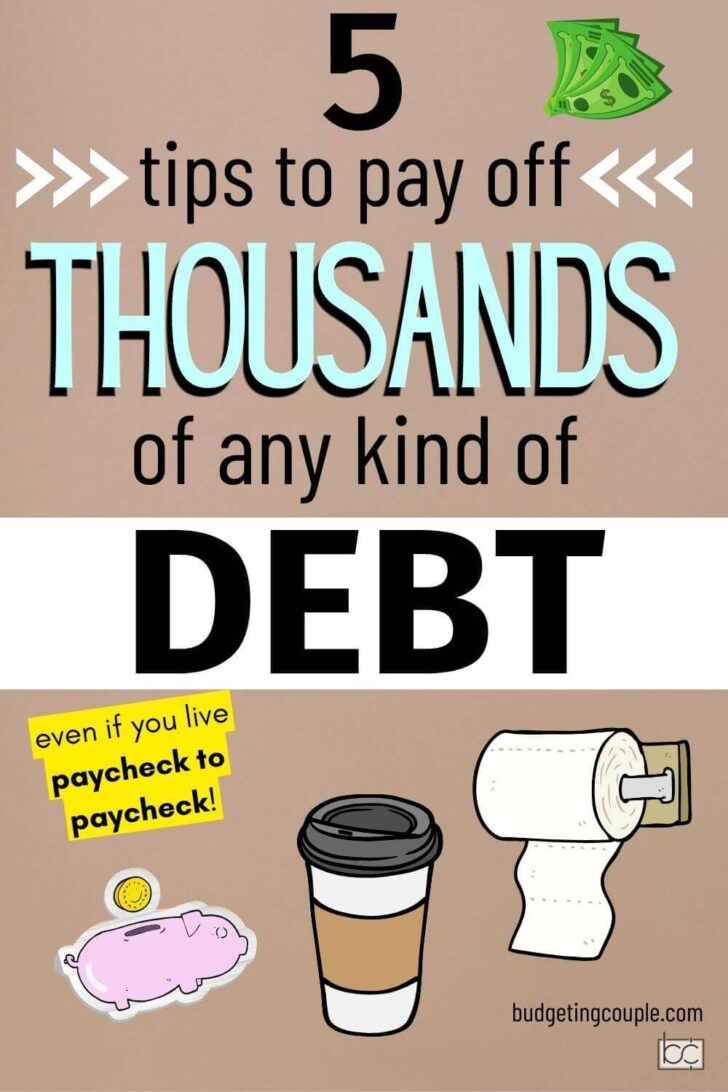
1. Start with a Budget
Getting out of debt is a matter of keeping income over expenses. It’s a powerful habit! When a small portion of every paycheck can go towards paying down your debt, you will become debt free.
Start with a budget. Bare bones, create one budget that tracks your discretionary spending (coffee, eating out, online shopping). Keep decreasing this budget until you are able to keep income over expenses every month.
That being said, the more aware you are of your money, the better it can be managed. Taking a little more time to compare your income to your expenses and make adjustments where needed is the key to efficient spending.
Copy these genius habits of women who never overspend!
Free Workshop – Join our free Simplify Money Workshop
The *only* way to save money is to spend less than you earn. That means you need to decrease your expenses or increase your income.
We want to help you do both.
Join our FREE Simplify Money Workshop to learn the fundamentals of growing wealth. Because when you can spend less than you earn, your money has no choice but to grow. You will build your savings and pay down debt.
What’s more? We’ve got a bunch of free money-hacks to share with you:
- Hacks to lower your monthly bills
- Hacks to spend less on debt
- Hacks to start investing
- Hacks to increase your income by $20/month (with no extra effort)
This workshop has everything you need to accomplish the cardinal rule of personal finance: keep your income over your expenses.
Join our free 5-day Simplify Money Workshop, and start growing your wealth today.
2. Build Your Savings First
Now that you’ve got your budget set up and you’re keeping income over expenses every month, you may be tempted to start throwing that extra cash towards your debt.
We recommend you proceed with caution. You never know when a surprise emergency expense will occur. If it catches you unprepared (i.e. you have no savings), you’re just going to have to take on debt again.
Build your savings first. Gather about $1k in the bank before you start putting your extra money towards paying down your debt.
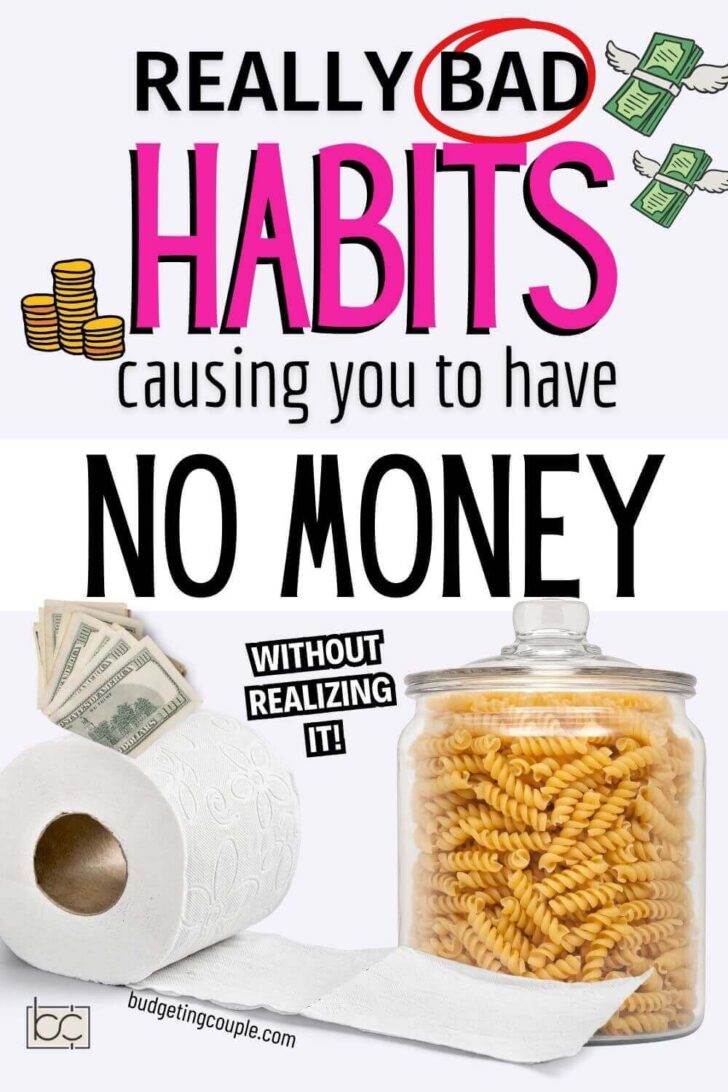
Related: Are these the bad habits that are causing your financial struggles?!
3. Use the Debt Snowball
What is the fastest way to pay down your debt? We’ve done the research. Turns out there is no fastest way. You can pay down the cheapest debt first, or pay down the debt with the highest interest rate first, or put a little extra money towards all debts at the same time. It does not matter.
However, there is one debt-payment strategy that stands apart as the most psychologically gratifying (and this definitely counts when it comes to the tough psychological game of living on nothing to pay down debt)
Use the debt snowball strategy. It’s simple. Keep income over expenses, and put that extra money towards your smallest debt. Pay the minimum payments on all your other debt. This will get that first debt paid down as fast as possible.
When you’ve paid off your first debt, you have one less minimum monthly payment. Take that extra money and put it towards your next smallest debt.
With each debt you pay down, you have more money to put towards your next debt. Your money snowballs which means your debt doesn’t stand a chance.
These are the tips you need to live on next to nothing!
4. Try Advanced Debt Repayment Strategies
Interest payments are what make debt devastating. You are stuck with a monthly fee for having borrowed money.
But maybe you’re not as suck with your interest payment as you might think. There are strategies to lower your interest rate.
Know that you should use these strategies with steps 1-3 above. Lowering your interest rate is not just a way to lower your expenses. It is a huge opportunity to get out of debt fast! The lower your interest rate, the faster you can become debt free. Use these tools wisely.
5. Credit Card Debt Refinancing
What is Credit Card Debt Refinancing?
With credit card debt refinancing, you can transfer all of your existing credit card debt to one Balance Transfer credit card. Why? Because these credit cards can offer up to 0% APR for a limited time (usually between 12 to 18 months).
After that, the interest rate will rise again, and the rate you pay will be based on your credit score. So you don’t want to rush into a balance transfer credit card. Use it when you are ready to pay down debt fast! This special credit card is called a Balance Transfer credit card.
Is it Smart to Pay Off One Credit Card With Another?
Yes. You’re not taking on more debt. You’re transferring your debt to a new credit card with lower interest – potentially 0% APR.
But you need to be smart with how you use this credit card. You are opening yourself up to another line of credit (more debt potential). When you transfer your debt to your new card, cut up your old card, and stop pilling on more debt.
What Should I Look For When Deciding on a Balance Transfer Credit Card?
Here is what you should look for when shopping for a balance transfer credit card:
- Make sure they offer 0% APR on transfers
- How many months will the 0% APR be in effect?
- What fee will I be charged to transfer balances?
- What will my interest rate be after the introductory period?
- Does the card have an annual fee?
Are Balance Transfer Fees Worth It
If you decide that a balance transfer credit card is the best solution for your situation, then the fee will likely be worth it. Fees range between 3-5% of your total balance.
When it comes to choosing a balance transfer credit card pick the card with the lowest interest rate. Remember that as long as you are paying less interest than your current card, you will get out of debt faster while spending less money on interest in the process.
Do Balance Transfers Hurt Your Credit
Experian provides us a glimpse into the process of credit score calculations. Some of the factors include:
- The number of accounts you have
- The types of accounts
- Your used credit vs. your available credit
- The length of your credit history
- Your payment history
When you apply for a new card, the company will make a hard inquiry, which can drop your credit score a few points. This should not be a problem. Also, when you add a new card, you will now have a line of credit without much history. This might lead a small, short-term reduction in your credit score.
However, as you make consistent, on-time payments, your credit score will rise higher than ever before as you pay down this credit card debt.
Where Can I Find Balance Transfer Credit Card Offers?
We like to work with our friends at Credit-Land.com. They have taken a lot of the guesswork out of finding a whole range of cards, including balance transfer credit cards that offer 0% APR with Cash Back rewards and more.
Credit-Land.com spells out everything for you, and they provide ratings about how good each card is. For example, if you want a credit card with no fees to transfer a balance, they have them. If you need 0% APR for as long as possible, you’ll find a credit card that meets your needs.
Spend some time on Credit-Land.com to find the best card for your situation. They give you plenty of options.
Use these tips to DRASTICALLY lower your household bills and expenses!
6. Credit Card Debt Consolidation
When you look for alternative ways to deal with your credit card debt, if refinancing at a lower rate with a balance transfer card is not an option, then another tool to consider is credit card debt consolidation.
What is Credit Card Debt Consolidation?
A Credit Card debt consolidation loan is similar in strategy to a Balance Transfer credit card, but rather than transferring debt to another credit card—you’re able to use a personal loan to pay-off all of your credit card debt, and then make payments on that loan over time.
Is It Better to Get a Personal Loan to Pay Off Credit Card Debt?
When people take out a personal loan to pay off credit card debt, a couple popular selling points are:
- It reduces the number of payments to one all inclusive payment (remember, the average American has four credit cards),
- They usually get a lower, fixed interest rate. Sometimes balance transfer cards can have a variable interest rate.
What Should I Look for in a Credit Card Consolidation Loan?
Just as there are a number of balance transfer credit cards, there are several credit card consolidation loans. Some things you will want to consider:
- What interest rate will I pay?
- How many months is the loan for?
- Does the lender charge an origination fee?
- Will the lender pay off the credit card companies directly?
Does Getting a Personal Loan to Pay Off Credit Cards Impact Your Credit?
In the short term, a submitted application with a lender will result as a hard inquiry on your credit report. There is a possibility a consolidation loan could impact your credit score. However, if you make your payments faithfully and on time, your credit score will rise (potentially to new highs).
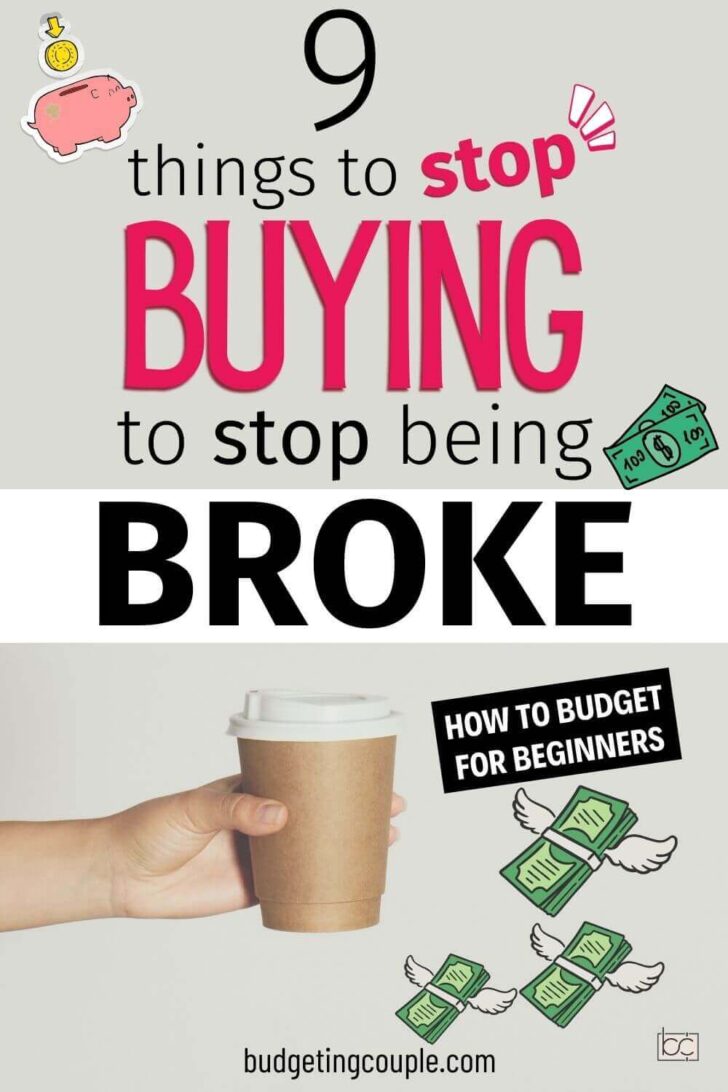
Related: Exactly What to STOP BUYING to Save Money
Credit Card Debt Refinancing vs. Credit Card Debt Consolidation
When trying to decide if it is better for you to use a balance transfer card to help manage your debt, or if a consolidation loan is better think about what you are trying to achieve.
If you want a little reprieve to gather yourself and get back to paying off the credit card debt, then refinancing might be the better choice. You will have at least 12 months of 0% interest where you can knock out the credit card debt without having to pay interest.
Find the best 0% APR Balance Transfer Credit card here at CreditLand.
If you have a number of high interest cards, then a consolidation loan might be better because you will probably land a lower interest rate, and you will have a single payment that will be the same over the term of the loan. You will pay interest from Day 1, but it will be lower.
If you’re trying to save money on a low income use these genius tips!
Should You Pay Off Credit Card Debt Early?
If you are wondering whether it is worth it to pay off credit card debt early, then the answer is a resounding YES!!! The obvious reason involves saving a ton of money by not paying more interest than necessary. But there is much more at stake, and it might not be as obvious.
Dr. Galen Buckwalter, a research psychologist, asserts financial trauma, a dysfunctional reaction to chronic financial stress, can be likened to the symptoms associated with post-traumatic stress disorder [source]. Debt plays a role in financial trauma. So, debt can negatively impact your physical and emotional health.
But, there is good news. A 2019 university research study, considered to be the first of its kind, concludes reducing debt improves a person’s mental health, and I would add physical health, too. If you get rid of debt, you will feel better and make better decisions [source].
If you have suffered the negative consequences of credit card debt, and you want a better future, take action. Becoming debt free starts today.
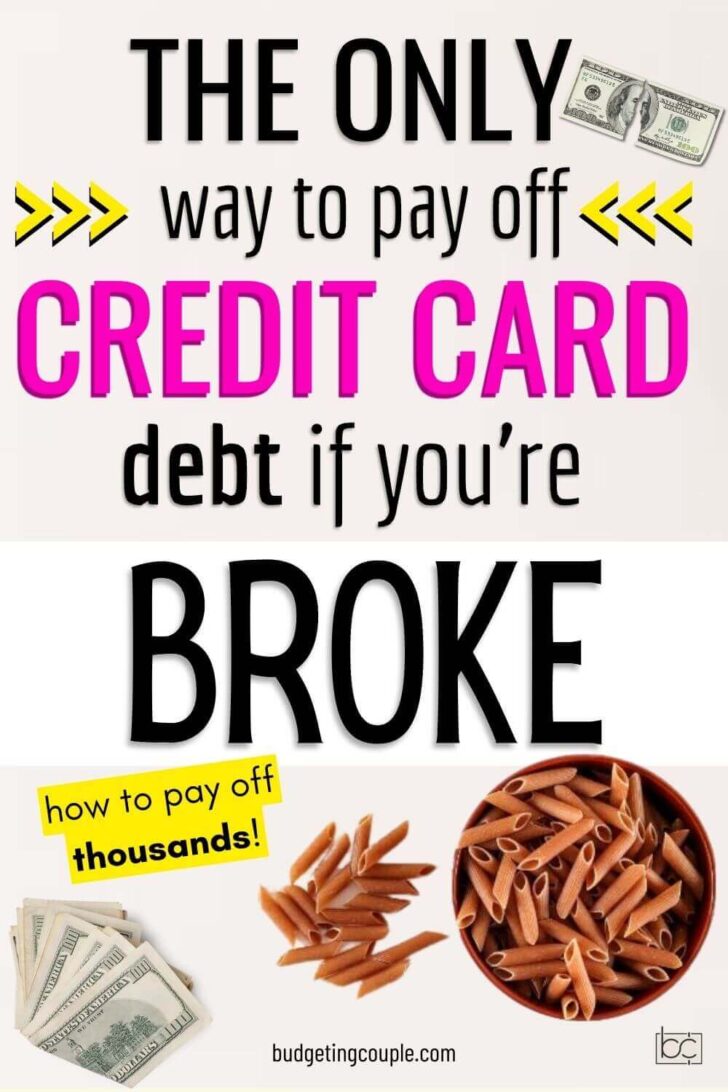


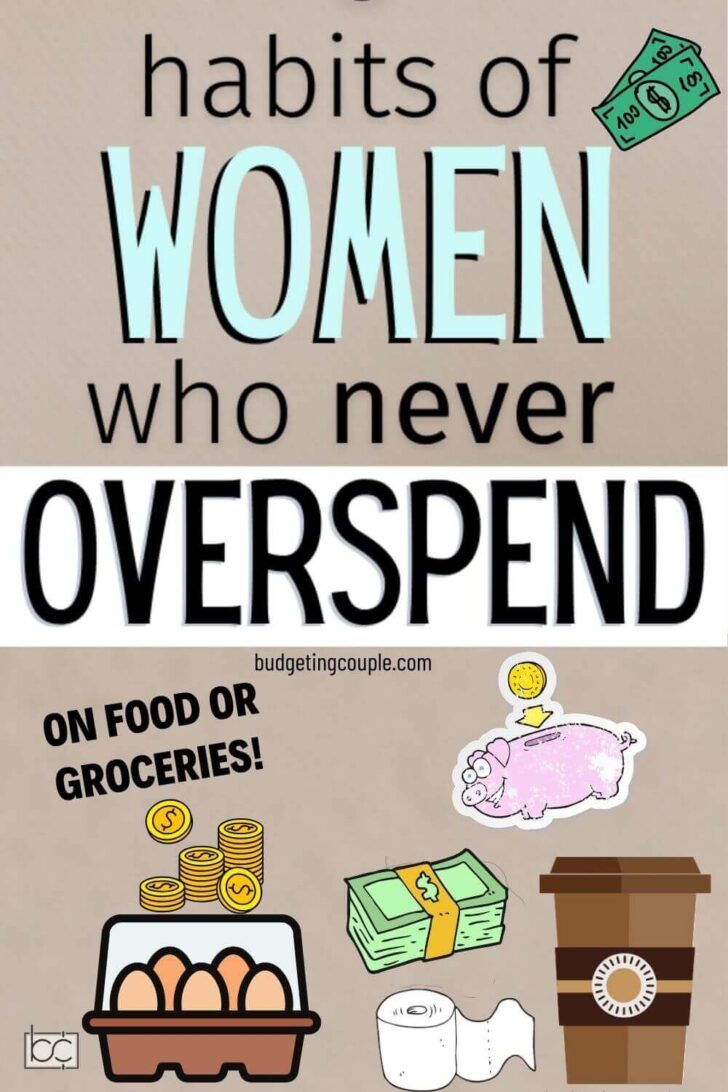
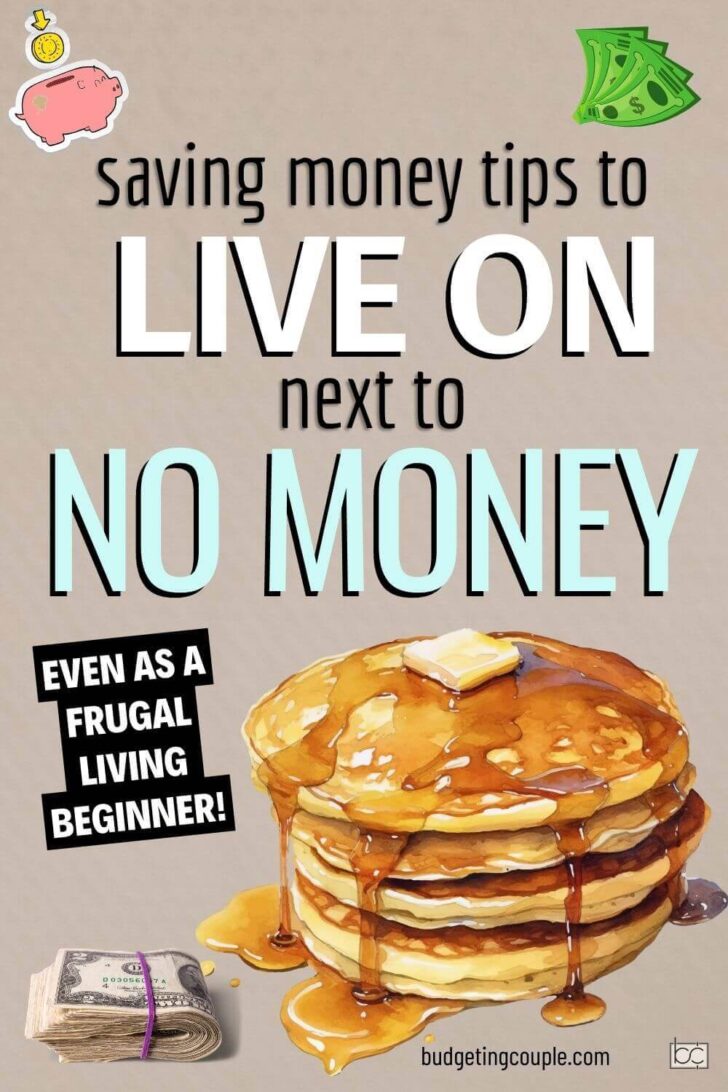
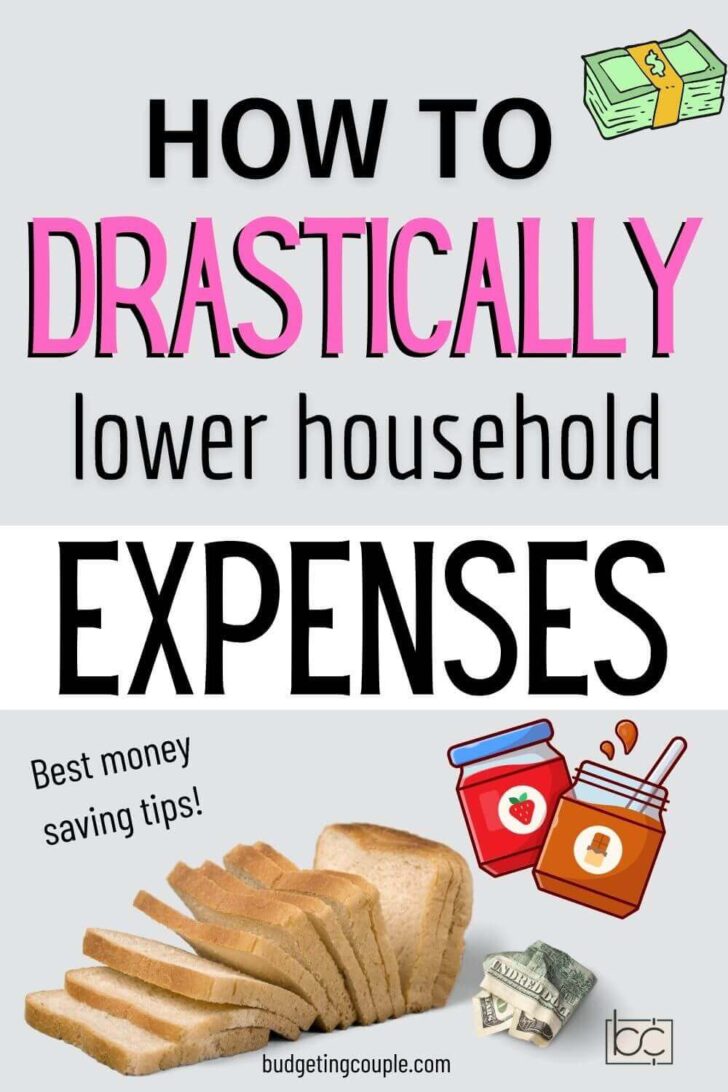
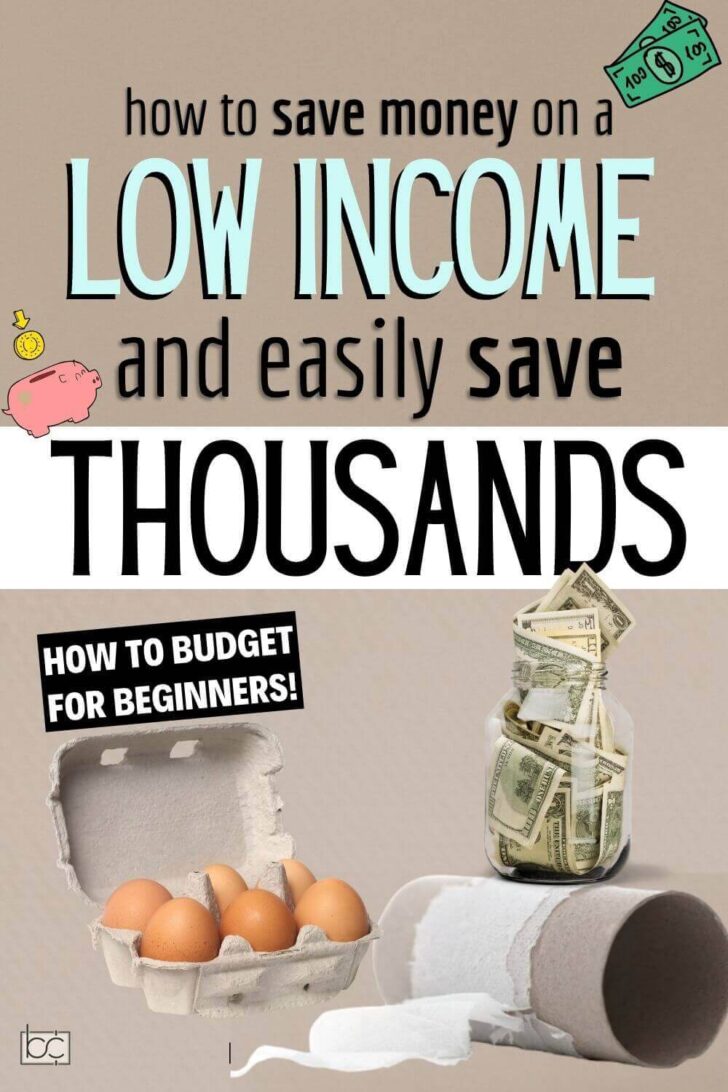







Bobby did such a thorough job on this post on credit card debt repayment options! At the risk of overwhelming any readers who are still unsure where to start or how to proceed, I would first recommend re-reading this post two or three times. You’re bound to find several gems you missed previously.
Besides the debt snowball, you might also consider the debt avalanche (paying extra on the highest interest account first) if you have the discipline and commitment to see it through. It will always save you more interest over time compared to any other do-it-yourself method. Also, if you are hoping to purchase a home in the next year or two, consider focusing on the newest credit card account first. We call this the debt landslide method, and it rebuilds your credit rating fastest since FICO weights activity on newer accounts more than activity on older accounts.
Finally, when looking for a trustworthy credit counseling agency, make sure they belong to at least one of the two industry trade groups found at FCAA.org and NFCC.org.
So glad you enjoyed Todd and thanks for the tips!
Great advice